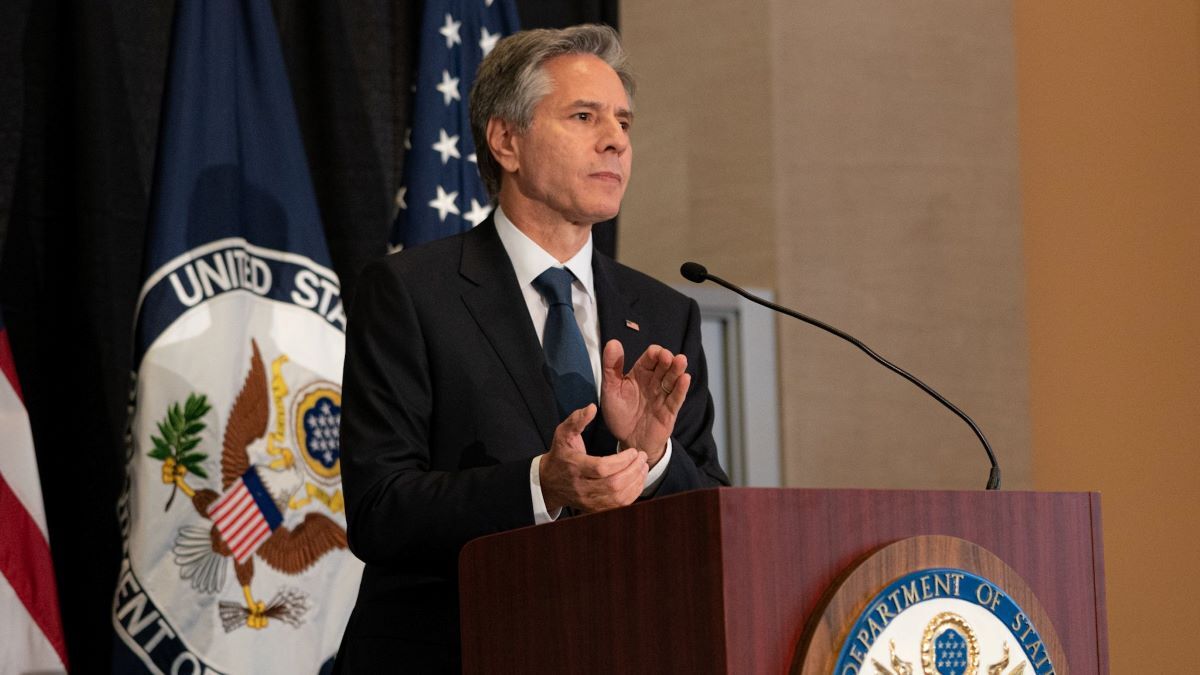Updates to the U.S. sanctions programs to facilitate the delivery of humanitarian aid while maintaining injunctions against intended targets went into effect Dec. 20, the U.S. Dept. of State (DOS) announced.
Sec. of State Antony Blinken announced the move in a post to social media, writing the updates to general licenses in sanctions programs "will make it easier to deliver life-saving aid to those in need while ensuring sanctions target those threatening peace, security, and stability."
The DOS announced in September that the U.S. would ensure humanitarian efforts such as food and medical assistance would be protected in U.S. and United Nations (U.N.) sanctions programs, Blinken wrote in a DOS statement released at the same time.
On Dec. 9, the United Nations Security Council adopted Resolution (UNSCR) 2664, co-authored by the U.S. and Ireland, created a "carve out" from sanctions' asset-freeze provisions to ensure unimpeded delivery of humanitarian aid, which Blinken called the "first step in achieving that goal."
The U.S. became "the first country in the world to implement the new UNSCR," Treasury reported at the time, when the Office of Foreign Assets Control (OFAC) "took historic steps to further enable the flow of legitimate humanitarian assistance supporting the basic human needs of vulnerable populations while continuing to deny resources to malicious actors."
The GLs will streamline implementation of sanctions by including safeguards to prevent misuse or diversion of aid and thereby strengthen operations in regions suspected of money laundering or terrorist financing, as well as regions already subject to U.S. sanctions.
“The United States co-led the development of the humanitarian carve-out Resolution at the United Nations," Wally Adeyemo, Treasury deputy secretary, said in the department's announcement, "and we’re proud to be the first country to issue authorizations and guidance to implement it across our sanctions programs.”
The general licenses provide authorization for four areas: official U.S. government business; official business of organizations such as the United Nations or the International Red Cross; certain humanitarian transactions that support the activities of nongovernmental organizations, such as disaster relief and health services; and the provision of agricultural commodities, medicine, and medical devices, in addition to replacement parts and components and software updates for medical devices, for personal and non-commercial use.
The GLs “reflect the United States’ commitment to ensuring that humanitarian assistance and related trade continues to reach at-risk populations through legitimate and transparent channels," Adeyemo said in the Treasury statement, "while maintaining the effective use of targeted sanctions, which remain an essential foreign policy tool. The provision of humanitarian support to alleviate the suffering of vulnerable populations is central to our American values.”









